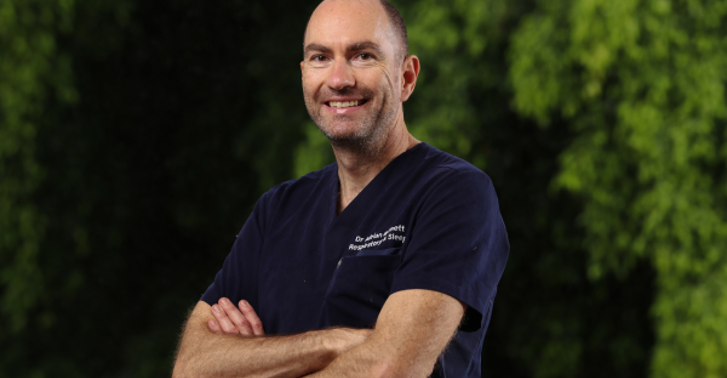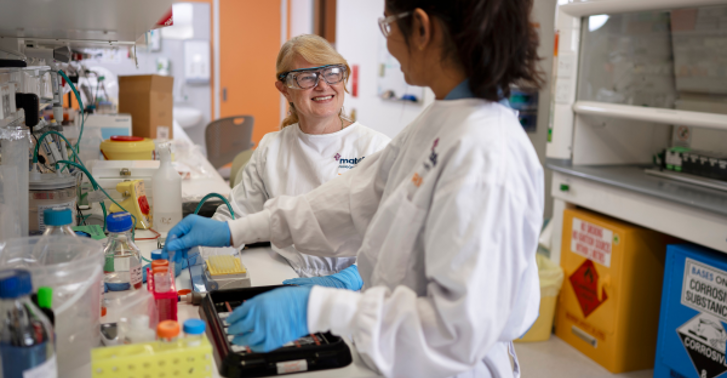Hope4OA: Investigating the dose and treatment effects of subcutaneous injections in adult participants with knee osteoarthritis pain
The aim of this study is to learn more about the use of the study medicine, pentosan polysulfate sodium (PPS), for the treatment of knee OA pain given as an injection. PPS will be tested as an injection under the skin of the abdomen or thigh. Given as an injection, PPS is an experimental treatment for knee OA, meaning that it has not yet been approved.
In this study you will be randomized to receive the experimental drug PPS or a placebo. Your participation is expected to last for a maximum of 64 weeks, including follow-up checks. You will begin treatment within 45 days of the Screening Visit (Visit 1). Visits will be scheduled twice a week (every 3 or 4 days) during the treatment period of 6 weeks and every 4 weeks during the follow-up period of 52 weeks. Extra visits may be needed if the study doctor feels it is best for you.
What you need to know
Who can take part?
You may be eligible to participate in this study if you:
- Are 18 years of age or older
- Have a diagnosis of Osteoarthritis (OA) in the knee
- Have tried two OA therapies within the last 6 months which have failed
- Willing to stop treatment of oral and topical pain medications
- Able to attend 2 weekly study visits for 6 weeks.
People with certain medical conditions or taking some medications may not be eligible for this study. The study staff will discuss the eligibility criteria with you if you are interested in taking part.
What is involved for me?
Study participants will be randomly assigned to receive the study drug or placebo. Neither you, nor the Mater clinical trial team will know whether you are receiving study drug or placebo. This is necessary to provide strong scientific evidence regarding drug effects.
Participants will also undertake the following procedures, tests and assessments:
- Physical exam and medical history
- Health and pain questionnaires
- Electrocardiogram (ECG)
- Pregnancy tests if applicable
- Blood tests
- Urine tests
- X-ray and MRI
- Eye Exam.



